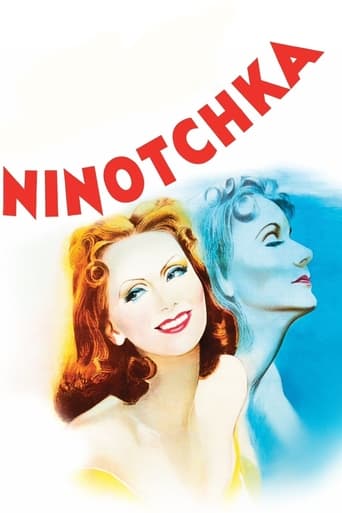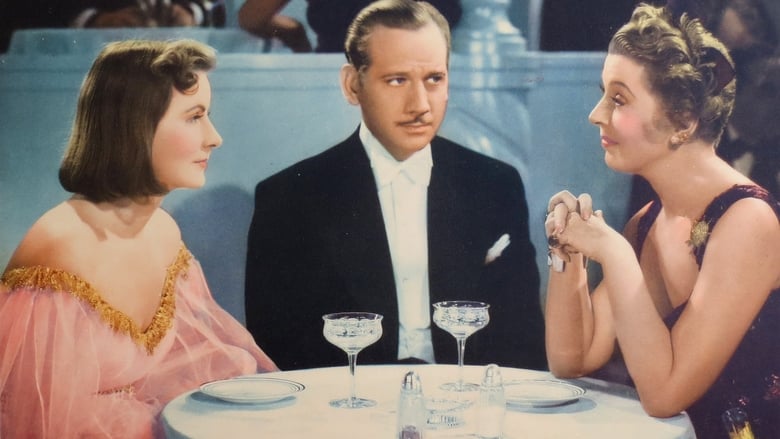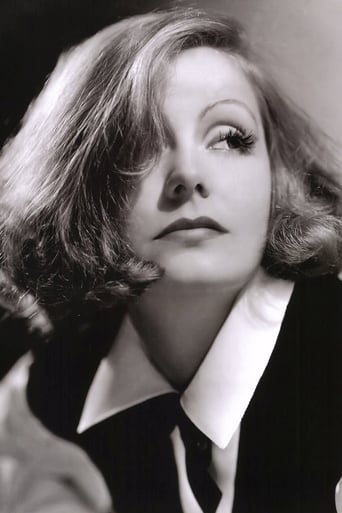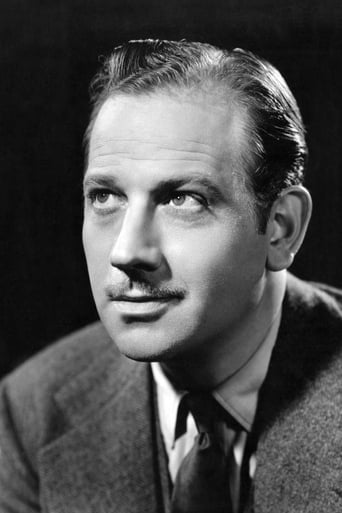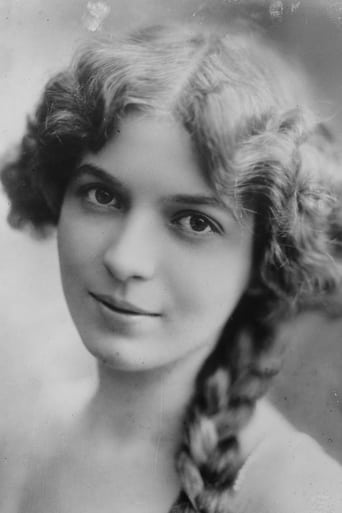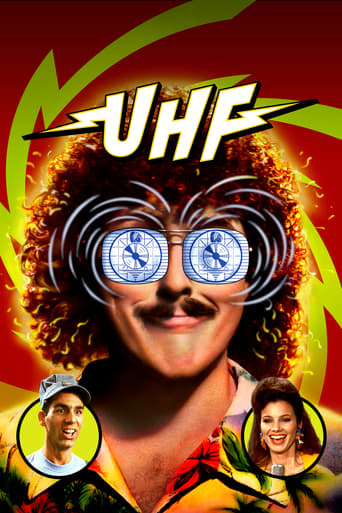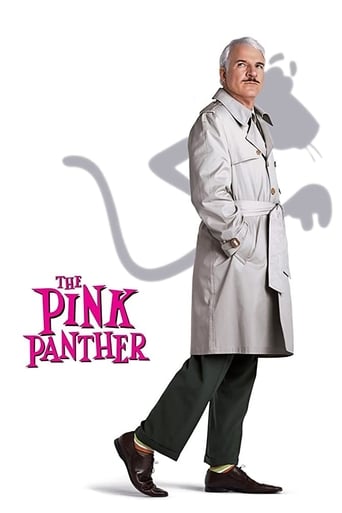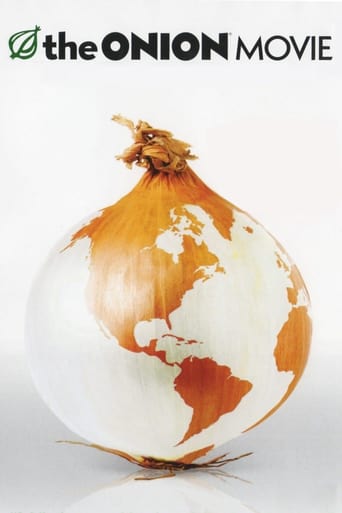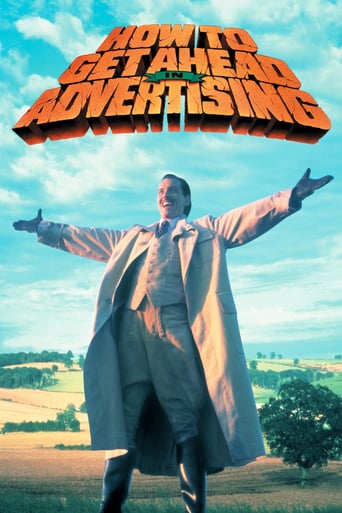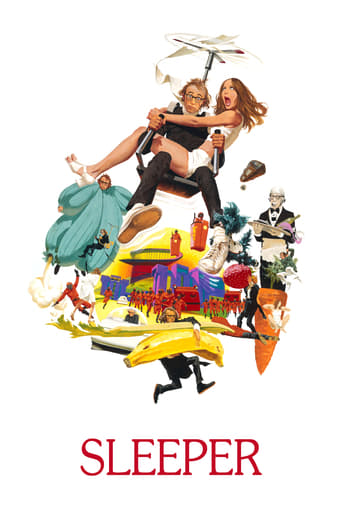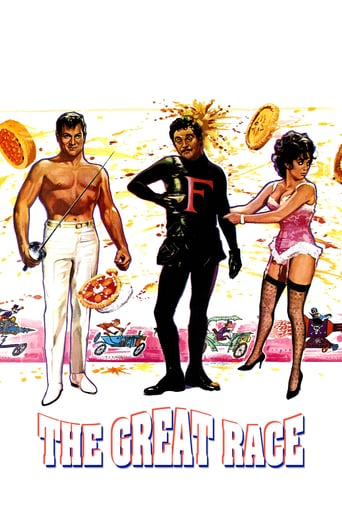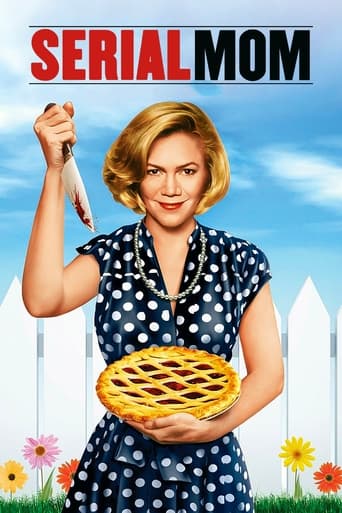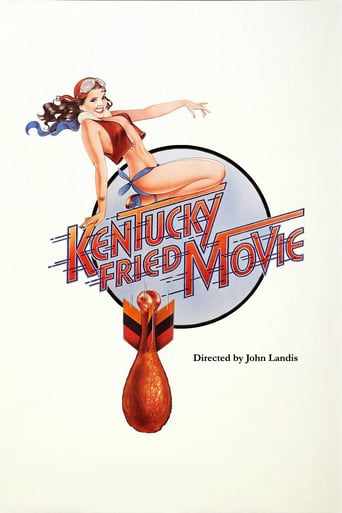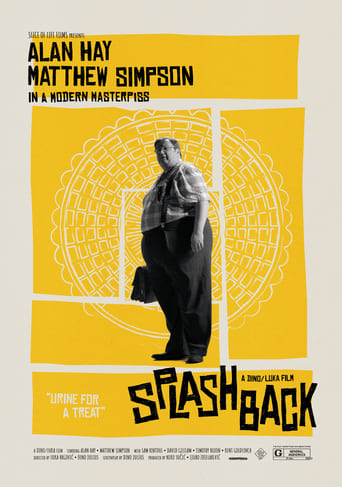Ninotchka (1939)
A stern Russian woman sent to Paris on official business finds herself attracted to a man who represents everything she is supposed to detest.
Watch Trailer
Cast


Similar titles
Reviews
So much average
Pretty Good
Highly Overrated But Still Good
Absolutely Fantastic
Ninotchka is one of my all time favorite films because it is such a clever, witty study in contrasts. .the stern, humorless "Soviet lady" sent to worldly Paris to reclaim property, and the dashing, worldly "Count Leon" (Melvyn Douglas) who is out to thwart her plans. Little does he know what's in store! Ninotchka's grim determination to accomplish her mission...and Leon's dogged determination to charm her away from her goal, is a delight to watch. And added in the mix are the three Russian comrades - well meaning but soon overcome by the delights of "ringing three times" for the cigarette girls..not to mention the former and entitled Grand Duchess Swana (played with regal hauteur by Ina Claire) who's determined that she'll keep her precious jewels and Leon too.. and send the Soviet envoy packing back to Russia. Who would have thought that Melvyn Douglas could be a romantic and Greta Garbo a comedienne. Ernst Lubitsch certainly concocted a merry confection and it is reported that even Miss Garbo enjoyed working on the film. I just wonder how Ninotchka went over with the production code. Ninotchka and her associates are true Soviet believers, and the exiled Grand Duchess Swana is somebody you would just love to see a meteorite fall upon. Of course the film does make references to the Russian shortages, marching, and spies planted among the Russian everyman, but it does so in a comical way. For sure Lubitsch could not have made this film in the atmosphere of ten years later because of all of the Communist paranoia in the United States. A little odd factoid - Ina Claire and Greta Garbo actually had something in common in real life - John Gilbert. Gilbert married Claire in 1929 after he and Garbo were done romantically. They divorced in 1931.
At the core of this film is a dispute between the French and the Russians over which nationality a certain set of rich jewelry belongs to. Three Russians have obtained the jewels (legally from what I understood) although technically they had belonged to a powerful individual from France. The leading actor plays a Frenchman who is trying to make a compromise for both sides, but the three Russians want a consultant for themselves, so they hire the titular Ninotchka, a Russian woman devoid of all joy and happiness.The Frenchman meets this woman before finding out she is the consultant for the Russians, and as if it was fate, he falls for her. He is persistent to spend time with her, and even realizes she does not enjoy life as she should, so he attempts to make her laugh, but there is no success until he does something unintentionally - he falls over a table in a restaurant and it makes everybody, including Ninotchka, to laugh themselves silly.After this incident, things seem to change for Ninotchka, and she even laughs during very serious matters such as while she consults the three Russians about the dispute at hand. She truly enjoys life now and she comes to like the man, Leon, a lot, and eventually falls in love. This doesn't come about without some struggles, of course, but the heart of the movie effectively tells us that life is definitely worth enjoying.This being a comedy, I wish there was more and better humor involved, but this movie is delightful in that its message is inspiring and still does fine without "better" comedy.3.0/4.0
My introduction piece to the screen goddess Greta Garbo actually is her penultimate film, under Lubitsch's guidance and paired with a rakish but urbane Melvyn Douglas, Garbo is Ninotchka, a Russian envoy sent to Paris to deal with a jewelery trade, which is involved into a lawsuit thanks to her inadequate comrades. Though one has to wait for a good 20 minutes before Garbo's first appearance in the movie, the foreplay is jocund and pitches the overall comedic atmosphere in the sheer disparity between capitalism and communism. The opening gambit of three communists Iranoff (Ruman), Buljanoff (Bressart) and Kopalski (Granach), from heatedly conversing about whether or not stay in a luxurious hotel for the sake of the priceless jewelery they are taking with, until they unanimously decide to takes the royal suite since it has a big enough safe to contain the whole set, is the quintessential Lubitsch's touch, liberating lighthearted humor but with grace and sophistication, pinpointing the foibles of human nature with inviting proprieties, where in contemporary comedies, we have almost lost it all. When Garbo arrives (perfectly in her European accented English), she immediately dampens the farcical atmosphere with her icy sternness, but when she meets Leon (Douglas), the debonair Count who instantly falls for her in the very first glance, her communist root is going to be shaken in a romantic swooning which sounds a little impetuous to our narrow- minded fiction if one hold a conservative view on communist disciplines, she doesn't refuse Leon's kiss and even kisses him back in their first night. Then comes the tag-line "Garbo laughs" in the working-class eatery, Leon's jokes are practically duds, only slapstick is without any cultural boundaries. After a must-see wardrobe transformation to give Garbo the essential film star allure in a fancy restaurant and a tête-à-tête for their future plan, the two lovebirds are routinely to face some challenge, Garbo is at the most poignant in the scenes of the farewell phone call in the morning, while she utters her final goodbye, as for him, it just a casual "see you later". Then the film diverges to Moscow, introduces the austere life of Ninotchka under a radically different belief and social system, the non-hierarchic camaraderie and the yearning for western commodities co-exist under the same roof. After a cameo from Lugosi, the film satisfactory brings up the happy ending under a harmless plot device, it is a well-balanced comedy doesn't ruffle the feathers of politics. The film alters Garbo's usual screen persona and comedy is something very rare in her filmography, but it is a successful gamble, she has all the flair and charisma to make audience fall head over heels for her. A big plus is the chemistry between Garbo and Douglas, the latter is a smooth talker and a devout doer, that kind of prince charming in every girl's dream, devilishly likable. The film is a four-Oscar nominee (BEST PICTURE, LEADING ACTRESS included) and generically, a notch below Lubitsch's finest work (e.g. THE SHOP AROUND THE CORNER 1940, 9/10) as the peerless conjurer of romance in comedy.
The movie starts very well, but ends badly. From the outset the movie is funny - full of great one-liners and social observations. Also a great political satire - mocking the evil of Soviet Russia and the naivety and stupidity of communism with some great satire. Capitalism doesn't get off scot-free either: the superficiality of some elements of it are also exposed.The opening few scenes also give a great insight into the European zeitgeist of the mid/late-1930s, especially the competing forces of capitalism, communism and fascism/nazism.From this auspicious start, a monumentally great movie was in the offing. However, from a point the movie takes itself far too seriously as a romantic drama. Instead of a political satire, or just plain comedy, it becomes a schmaltzy romantic drama, and a fairly predictable and conventional one at that.Even the humour becomes tired, predictable, more-of-the-same, rather than the fresh, sharp comedy from the first few scenes. The final few scenes are quite dull.It's as if the writer, the legendary Billy Wilder, ran out of ideas about half way through.Good performance by Greta Garbo as Ninotchka. Her cool, humourless impression of a Russian bureaucrat was something to behold. Melvyn Douglas is the clown to her straight guy, and does it very well. The three bumbling Russian officials are also played well.

